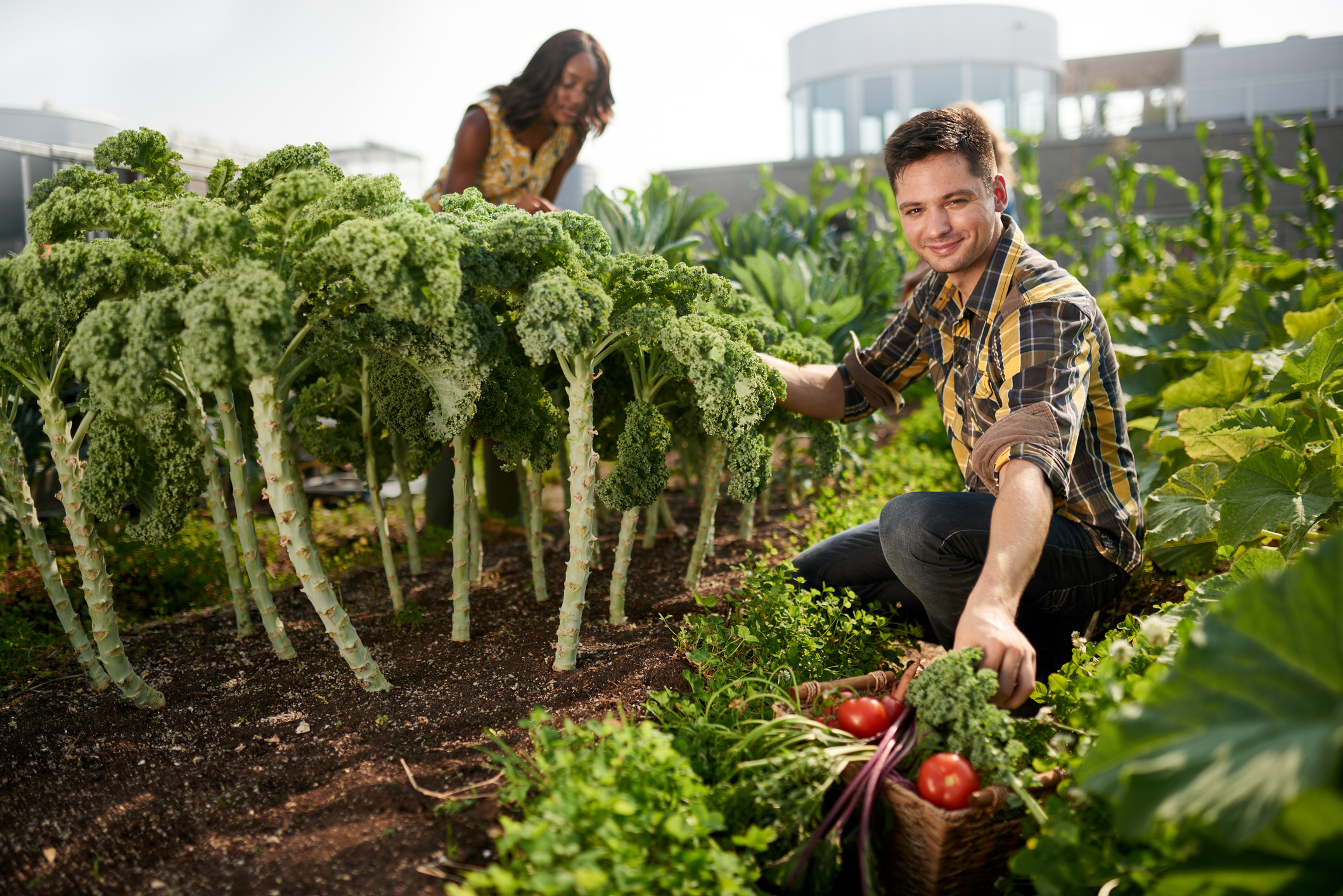Returning to a recent theme concerning the future of agriculture (Smart Farming’ (aka Precision Agriculture)), in this week's blog we will take a closer look at a rapidly expanding area within our industry: Urban Agriculture.
Context
The climate crisis, coupled with ever increasing global populations and the subsequent demands on food production, are forcing humans to rethink and overhaul agriculture; particularly, farming, in terms of methods and practices; geography and land use; and the often-long-distance transportation of produce, from producer to consumer. Consequently, although not a recent phenomenon, Urban Agriculture enterprises are now increasingly common, as modern technologies allow for greater returns than at any other time in history, for small scale urban agricultural initiatives.
What is Urban Agriculture?
Put simply, Urban Agriculture is the practice of urban farming; of growing and producing food in limited spaces in urban centres, such as towns and cities. What distinguishes Urban Agriculture from communal gardening, or shared cooperative farming initiatives, is that there is a level of commercial enterprise involved with Urban Agriculture; whereby, produce is farmed for sale, rather than shared personal consumption. However, due to less demand or need for space, there is no requirement for being a large-scale landowner, or an industry leading corporation; therefore, urban agriculture is increasingly accessible for all. From individual entrepreneurs and couples, to small groups with a shared passion for food and farming, individuals and groups are more easily able to establish their own, local, small scale agricultural operations.
Three Methods of Urban Agriculture / Farming
Vertical Farming: utilising indoor grow lighting and hydroponics systems, crops are grown indoors, in a vertical fashion akin to stacked shelving. The major advantage of this system, is that crops can be grown year-round, due to the ability to maintain stable environmental conditions, as the weather outside has no impact. Furthermore, Vertical Farming can be done on a small, or large scale, depending on the size of the building being utilised for the operation.
Rooftop Farming: with the increasing expansion of cities and the continued need for housing as populations grow, there is less land to grow food. Consequently, innovative farmers are now utilising, to grow crops, what have historically been considered unusable spaces: city-centre rooftops. Not only is rooftop farming great in terms of food production; rooftop farming also improves the aesthetic quality of the urban environment and landscape.
Sack Farming: an innovative Urban Farming method, originating in overpopulated areas of Africa, residents developed sack farming in response to the immediate challenge of food insecurity. Sack farms are situated in densely populated urban areas and consist of a number of sacks filled with soil, manure and pebbles that grow a range of fresh produce; including, tomatoes, kale, spinach and onions. Sack farms are an extremely cost-effective way of producing a high volume of good fresh produce, in densely populated areas. (https://www.theguardian.com/global-development-professionals-network/2015/may/18/how-to-grow-food-in-a-slum-sack-farmers-kibera-urban-farming)
Ten Benefits of Urban Agriculture and Farming
Reduce the environmental impact of human food production and transportation.
Sustainability.
A response to the huge demands on traditional forms of food production, due to the diminishing availability of agricultural land and the ever-increasing global population.
Increased community / social cohesion at a local level.
Boost to local economies.
Commercial agriculture and farming enterprises more accessible to a wide and diverse range of individuals and groups.
Increased opportunities to educate people at a local / urban level, about agriculture, farming and food.
Increased job opportunities for people in urban communities.
Increased learning and job opportunities for young people in urban communities.
Potential for a healthier society, due to education opportunities and more importantly, access to locally grown, affordable, healthy produce.
To conclude, as the climate crisis accelerates and the demand for food continues to grow, humans need to draw upon all of their creative qualities to address these immidiate issues. Urban Agriculture demonstrates perfectly, the creativitity and adaptability that humans have throughout history, been able to draw on, when faced with imminent and potentially catastophic, dangers.
If you're looking for work in the agricultural sector, Agricultural Recruitment Specialists can help you find the right niche in the UK, Europe and beyond. We can assist in finding which doors are open for you with your specific background and even advice on what you could do to improve your prospects.
Agricultural Recruitment Specialists are worldwide recruitment experts in agricultural, food, farming and rural recruitment and have a variety of executive and management positions available within agriculture, horticulture and the food and rural sectors throughout the UK and the rest of the world. To find out more about our agricultural job vacancies and discuss your future career, contact our team of agricultural recruitment professionals. You can visit our website here: www.agriRS.co.uk or call our team on: 01905 345 155 or email us at: info@agriRS.co.uk
Alternatively, if you are a client looking to expand your team, whilst using a professional recruitment / headhunting solution, then please call us today on 01905 345155 or email us at: info@agriRS.co.uk












